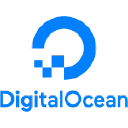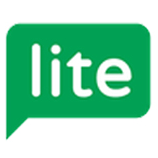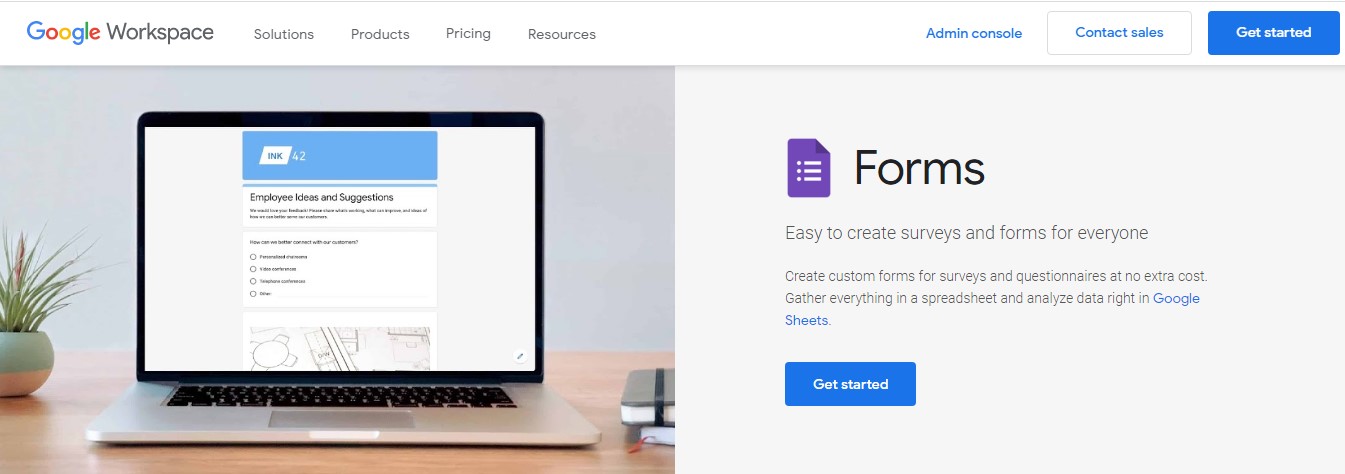Bloomy Lab Update: How We Doubled Our Revenue In Real Estate
This is a follow up story for Bloomy Lab. If you're interested in reading how they got started, published almost 6 years ago, check it out here.
Hello again! Remind us who you are and what business you started.
Bloomy Lab is a company built by 2 startupers - Alex Lanin and Maria Batryn, and our amazing team! So we continue to develop mental health, productivity, and real estate tech products.
We have dropped support for most of our apps, focusing only on the ones that both our users and team love, analyzing them a lot, and preparing to scale advertising campaigns.
Ripple, Life tracker and Tantify are the most promising of them. We also tried working with publishers, launched Google advertising, went through several startup programs, and are now considering options for accelerators or attracting investments for scaling.
We are also thinking about switching from purely online to a combination of...

Download the report and join our email newsletter packed with business ideas and money-making opportunities, backed by real-life case studies.

Download the report and join our email newsletter packed with business ideas and money-making opportunities, backed by real-life case studies.

Download the report and join our email newsletter packed with business ideas and money-making opportunities, backed by real-life case studies.

Download the report and join our email newsletter packed with business ideas and money-making opportunities, backed by real-life case studies.

Download the report and join our email newsletter packed with business ideas and money-making opportunities, backed by real-life case studies.

Download the report and join our email newsletter packed with business ideas and money-making opportunities, backed by real-life case studies.

Download the report and join our email newsletter packed with business ideas and money-making opportunities, backed by real-life case studies.

Download the report and join our email newsletter packed with business ideas and money-making opportunities, backed by real-life case studies.






































